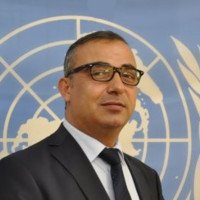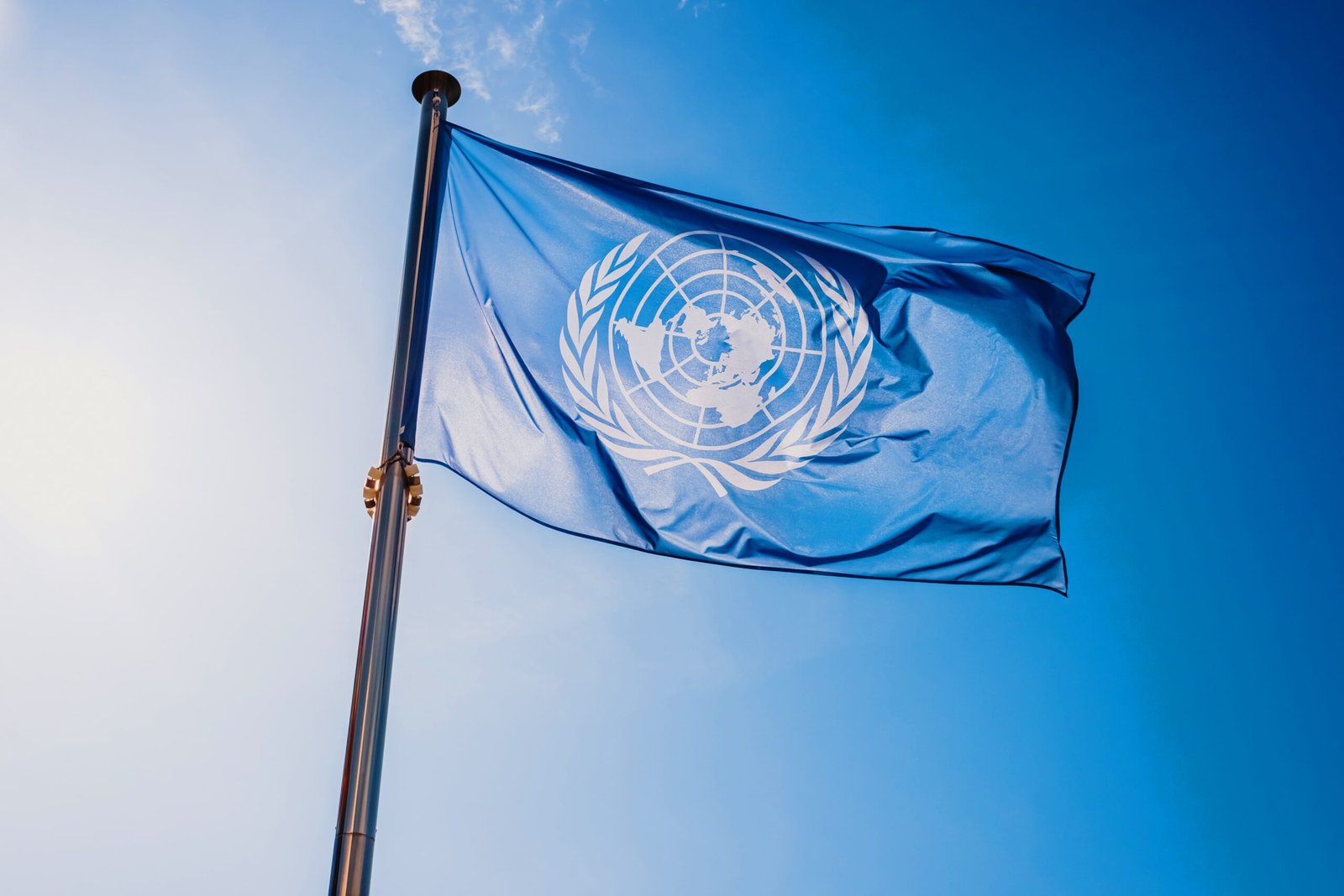NASSAU, BAHAMAS — A landmark workshop designed to increase the capacity of the government to facilitate the full realization of the rights of Bahamian children and persons with disabilities was recently held.
The successful hybrid event brought together United Nations officials, who assisted in facilitating workshops and break-out sessions, with several government agencies which make up the National Reporting Cooperation Mechanism.

Human Rights
The National Reporting Cooperation Mechanism is chaired by the Office of the Attorney General and Ministry of Legal Affairs and includes: the Commission for Persons with Disabilities; The Disability Affairs Unit in the Ministry of Social Services and Urban Development; Child Services unit in the same Ministry; The Child Protection Committee; the Family and Children’s Committee; and the Special Committee to look into Laws Governing Children.
George Abualzulof, Senior Human Rights Advisor for the Office of the High Commissioner for Human Rights, guided workshop participants in training sessions on the Convention on the Rights of the Child (CRC) and The Convention on the Rights of Persons with Disabilities (CRPD).
The purpose was to strengthen the knowledge, skills, and capacity of government officials and key stakeholders on the CRC, CRPD, its key principles, concepts, and its reporting guidelines.
By facilitating the workshop, the inter-ministerial human rights committee is in a better position to provide timely submissions of the CRC and CRPD reports to the United Nations. The last review, before the committee, was in 2005 at which time, the report was ten years after the due date. The fifth and sixth report on the CRC from the Bahamas was to be submitted in 2012; and the CRPD in 2017.
Both are expected to be submitted by The Bahamas Government this year.
Not only is it vital to bring the Bahamas reports up to date, but also to strengthen its capacities to implement, monitor and advocate the use of these Conventions on a national level.
Abualzulof is a human rights defender with some 30 years of experience in the field of International Human Rights and humanitarian law. United Nations officials participating in the workshop included UN Resident Coordinator Dr. Garry Conille; Michelle Braithwaite, who gave an overview of the UN human rights system; Marie Eve Boyer, who spoke on the process of proper reporting; Juan S. Jaime P., who spoke on the concept of disability – key principles and global issues; Astrid Melchner; Felix Daniel Gomez; Angela Pires; and Catherinne Ivonne Pedreros Puentes.
Aneesah Abdulla, UN Country Coordinator for the Bahamas, shared on the current status of disability rights in the Bahamas, key human rights recommendations on child rights, reporting obligations, and the way forward.
The Paris Principles, adopted by the UN General Assembly on December 20, 1993, encourages all states in the world to set up independent national human rights institutions that are non-judicial, independent institutions with a mandate to promote and protect human rights.
Jewel Major, Office of the Attorney General, and leading attorney for the National Reporting Cooperation Mechanism, explained that the dualist nature of the country’s legal system requires the transformation of international conventions into domestic law to render them applicable in the domestic system.
“In a small state with limited resources, this can pose serious obstacles to the effective and efficient domestication of international human rights,” she said.
“Nevertheless, the Government is committed to this process and is determined to improve the domestication of such instruments. This was done with the Convention on the Rights of the Child, which was domesticated in the Child Protection Act; and the Hague International Child Abduction Convention in the International Child Abduction Act.”
“Hence, the reason that we are now, due to failure of two referendum, have a draft Nationality Act 2021, that will give a mother married to a foreigner, the legal right to confer her nationality to her children.”
Major said that as a nation, “our greatest assets are our people and the most vulnerable are our children and persons with disabilities”. For this reason, she called the workshop “extremely helpful” in assisting with applying what is learned to create tangible results for the people of the Bahamas.






